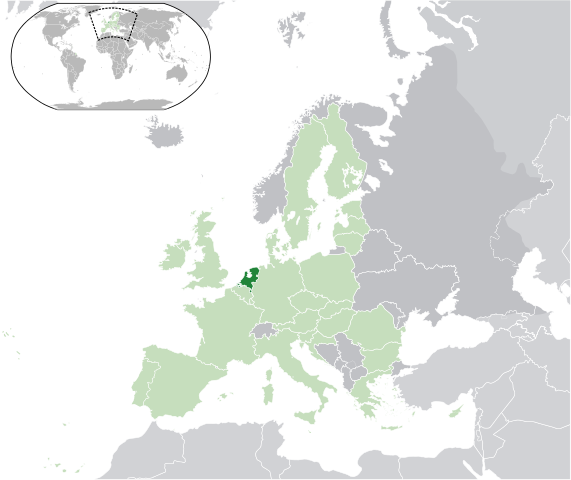The Dutch pension system has been getting lots of press in recent days – a recent New York Times report and a PBS documentary from last year have espoused the virtues of the system, which covers 90 percent of workers while remaining well-funded.
But the system carries a “hidden risk” for participants. Allison Schrager explains in BusinessWeek:
Compared with defined-benefit plans in the U.S.—rare, underfunded, and governed by accounting standards derided by almost every economist—the Dutch pension system looks even better. It does have a weakness, though, one that’s often overlooked, even though it may be the only aspect of the Dutch system that’s likely to be adopted here: In the Netherlands, annual cost-of-living increases depend on the health of the pension’s balance sheet. If returns fall, benefits don’t increase. If the fund performs badly enough, pensioners may even suffer benefit cuts.
[…]
But to call it risk-sharing makes it sound more benign than it really is, particularly because retirees can’t tolerate as much risk as working people can. Post-retirement, most people live on a fixed income. In general, it’s too late to save more or get another job. Many state employees don’t have other sources of inflation-linked income like Social Security. If “fairness” means everyone has to bear risk equally, then the Dutch system makes sense. But if it’s more “fair” to treat people differently according to their means, then it would be better to share the risk with current workers instead.
Inflation risk may not seem like a big deal now. But the future is uncertain, which is why the guarantees are so valuable. Until the financial crisis, Dutch pensioners took it for granted they’d get their cost-of-living adjustment each year. Gambling on future inflation may be preferable to an underfunded pension—or no pension at all—but it’s no free lunch.
As Schrager points out, variations of the “risk-sharing” model have made their way to the United States:
This kind of risk-sharing has been catching on in America. Public pension benefits are often secured by state constitutions, but it’s not clear whether those guarantees extend to inflation-linked adjustments. Eager to contain costs, some states have eliminated cost-of-living increases entirely. The state of Wisconsin adopted a variant of the Dutch model in which retirees in the Wisconsin Retirement System get a cost-of-living adjustment only when pension assets return at least 5 percent. Previous inflation adjustments can be clawed back; monthly checks were 10 percent smaller in 2013 as a result of the financial crisis. Although, unlike in the Dutch plans, retirement income can never fall below its nominal level at retirement.
Stanford’s Josh Rauh and University of Rochester’s Robert Novy-Marx have projected that unfunded liabilities in the U.S. would fall by 25 percent if every state adopted Wisconsin’s pension model.

Deprecated: Function get_magic_quotes_gpc() is deprecated in /home/mhuddelson/public_html/pension360.org/wp-includes/formatting.php on line 3712
Deprecated: Function get_magic_quotes_gpc() is deprecated in /home/mhuddelson/public_html/pension360.org/wp-includes/formatting.php on line 3712
Deprecated: Function get_magic_quotes_gpc() is deprecated in /home/mhuddelson/public_html/pension360.org/wp-includes/formatting.php on line 3712